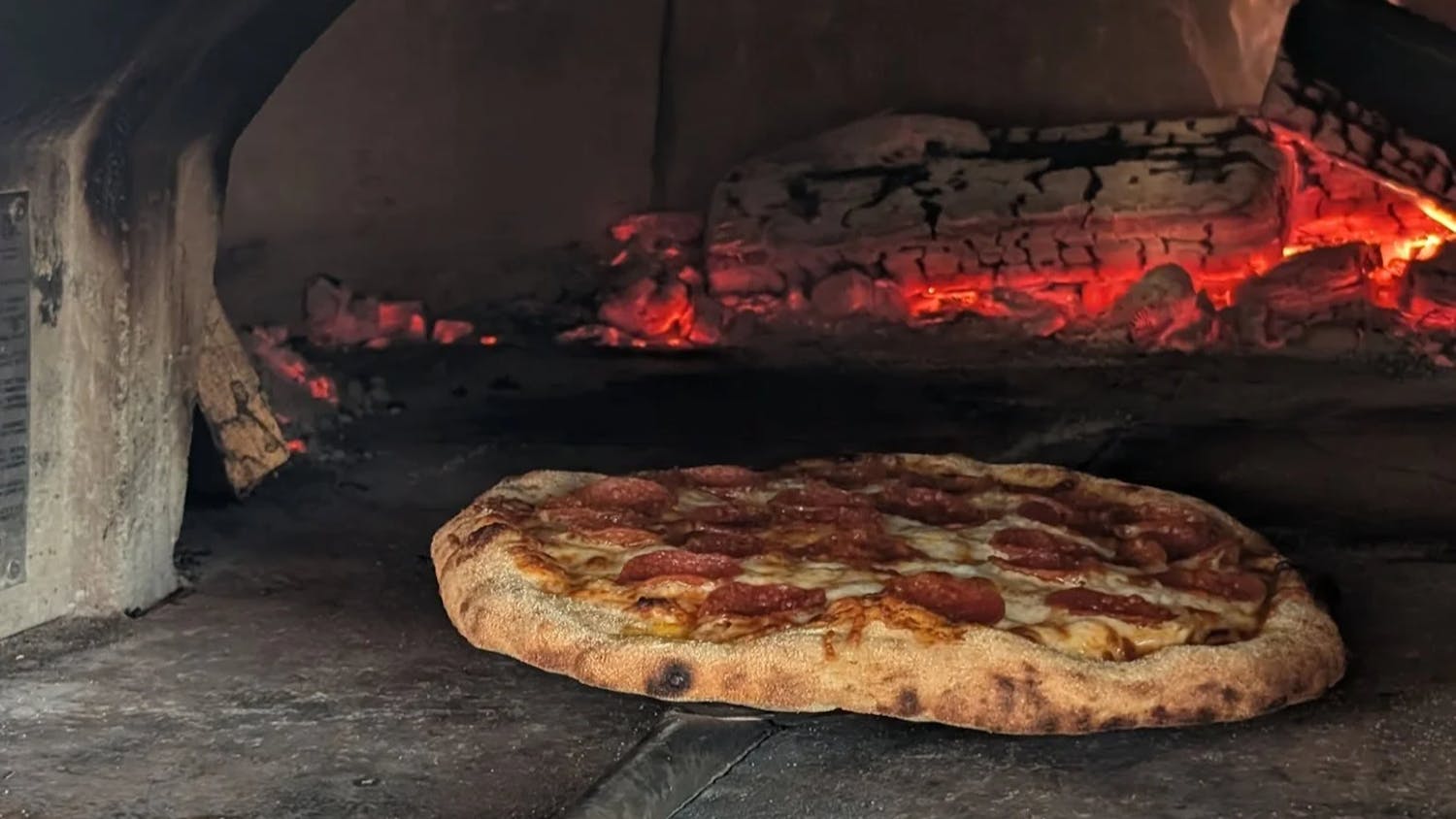On Feb. 24 and 25, the Student Diversity and Inclu- sion Council (SDIC) and Student Educators for Active Leadership (SEAL) organized Longwood University's first annual Social Justice and Action Leadership Sum- mit. It was an event developed and organized com- pletely by Longwood students, faculty and staff in an effort to facilitate and foster leadership skills and equality in Longwood students to better prepare them for on and off-campus citizen leadership skills.
Over 60 students were chosen to be a part of the lead- ership summit through faculty and staff nominations for having "either expressed a vested interest in social justice and/or interculturalism, or those who would benefit from exposure to the topic," read flyers adver- tising the event.
The leadership summit featured Kerstin Soderlund, associate dean for student and external affairs of the Jepson School of Leadership at University of Rich- mond, as a key note speaker.
Director of the Office of Diversity and Inclusion and Co-chair of the SDIC Jamie Riley said the leader- ship summit's focus was to "bring students together to discuss some instances or experiences with social justice under different experiences with diversity and multiculturalism on college campuses, specifically at Longwood."
Riley added, "What we hope to gain is for students to give a better understanding of what social justice means in society and how they can become advocates and allies of social justice as well ... The mission of the summit is to motivate and encourage students to use their lived experiences as citizen leaders to advocate for social justice and equality on campus and through- out their communities."
Senior and summit attendant John Berry, Jr. said, "I was happy to accept my nomination and was very pleased with how it turned out!"
Berry said he especially enjoyed meeting new people. He added, "Particularly, a favorite moment was the discussion we had about who we are and what types of ‘socially constructed categories' we fit into. This exercise was meant to help us explore ourselves and learn more about our individual strengths and desires. The idea is that no one can lead until they know and serve their own self. This became my favorite theme of the weekend. "
The Leadership Summit featured four sessions. Riley described each, saying, "The first session is on race, class, gender and sexuality on college campuses, [and] understanding all the power, privilege and oppression in the twenty first century." The session was conducted
by Associate Professor of Social Work, Coordinator of Social Work Dr. Theresa Clark, Assistant Profes- sor of Communication Studies Dr. Naomi Johnson and Co-director of Women's and Gender Studies Dr. Carl Riden.
Riley said the second session featured "quality and justice, being inclusive of all students." The ses- sion was conducted by Assistant Director of the Office of Disability Resources Lindsay Farrar and Program Coordinator of the Office of Disability Re- sources Cameron Patterson.
The third session featured "micro-aggressive be- havior and the impact of biases, assumptions and stereotypes in student leaderships in friendship de- velopment" and was conducted by Associate Direc- tor and Interim Director of Counseling Center Dr. Maureen Walls-McKay.
The final session focused on the social justice movement and evaluating one's place and account- ability within it. The session was conducted by Di- rector of the Call Me MISTER Program Dr. W. Neal Holmes.


The SDIC and SEAL collaborated in the event by creating ice breakers, team-building exercises and skits to present to the students participating in the program, featuring "different occurrences or things that happen on campus around ... nonsocial justice- like behavior," said Riley.
Riley said after the skits, students can now "gauge on their discussions on their feelings about why these things happen, how they happen and why people continue to delve themselves in some of these acts."
Riley said, "They [the SDIC and SEAL] were very vocal and involved in planning this to happen, and we're really adamant about having a summit like this on campus for students. They've been involved from the beginning."
Riley said, "We're in the business of providing conditions that allow students to become citizen leaders. We really want to see what they can take from here as they go into the world as citizen lead- ers, that they can help with the fight for social justice and equality throughout our country and our global society."
Berry said the summit was an excellent way to meet new friends and discover oneself. He also said the summit expanded his definition of a leader. He added, "Becoming a leader has less to do with fancy awards and honorary positions. Becoming a leader is a journey that starts with knowing our own hearts and minds first and then using our passions, desires and ambitions to inspire and lead others."









